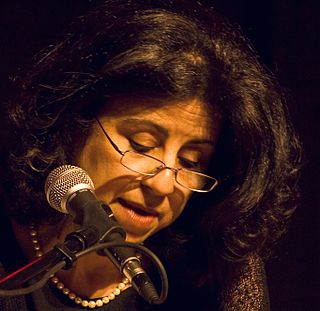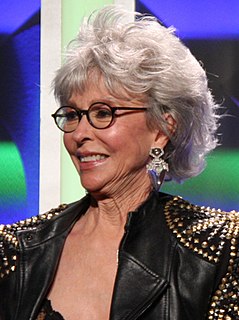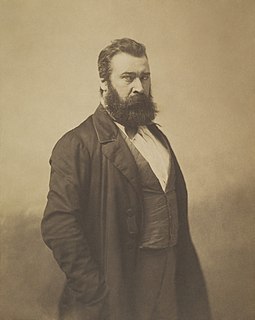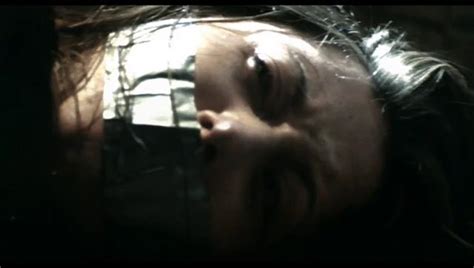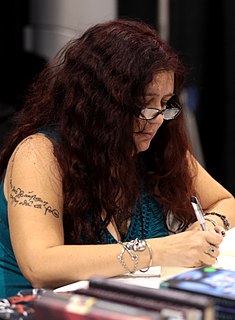A Quote by Robert A. Heinlein
Delusions are often functional. A mother's opinions about her children's beauty, intelligence, goodness, et cetera ad nauseam, keep her from drowning them at birth.
Related Quotes
The Saints are the elect children of the spouse of Christ, the precious fruit of her body; they are her crown of glory. And when these dear children quit her to reap their eternal reward, the mother retains precious memorials of them and holds up their example to her other children to encourage them to follow their glorious traces.
I know also another man who married a widow with several children; and when one of the girls had grown into her teens he insisted on marrying her also, having first by some means won her affections. The mother, however, was much opposed to this marriage, and finally gave up her husband entirely to her daughter; and to this very day the daughter bears children to her stepfather, living as wife in the same house with her mother!
There is no one perfect way to be a good mother... Each mother has different challenges, different skills and abilities, and certainly different children... What matters is that a mother loves her children deeply and, in keeping with the devotion she has for God and her husband, prioritizes them above all else.
My mother's feeling about men in general were always a bit of a mystery to me. She had difficulties in Puerto Rico with the men in her life. Her brothers abused her. It's very easy to be judgmental, but more often than not, there are mitigating circumstances, and children are not usually aware of those.
Sometimes we adopt certain beliefs when we're children and use them automatically when we become adults, without ever checking them out against reality. This brings to mind the story of the woman who always cut off the end of the turkey when she put it in the oven. Her daughter asked her why, and her mother responded, "I don't know. My mother always did it." Then she went and asked her mother, who said, "I don't know. My mother always did it." The she went and asked her grandmother, who said, "The oven wasn't big enough."
One day I'll give birth to a tiny baby girl and when she's born she'll scream and I'll tell her to never stop I will kiss her before I lay her down at night and will tell her a story so she knows how it is and how it must be for her to survive I'll tell her to set things on fire and keep them burning I'll teach her that fire will not consume her that she must use it



